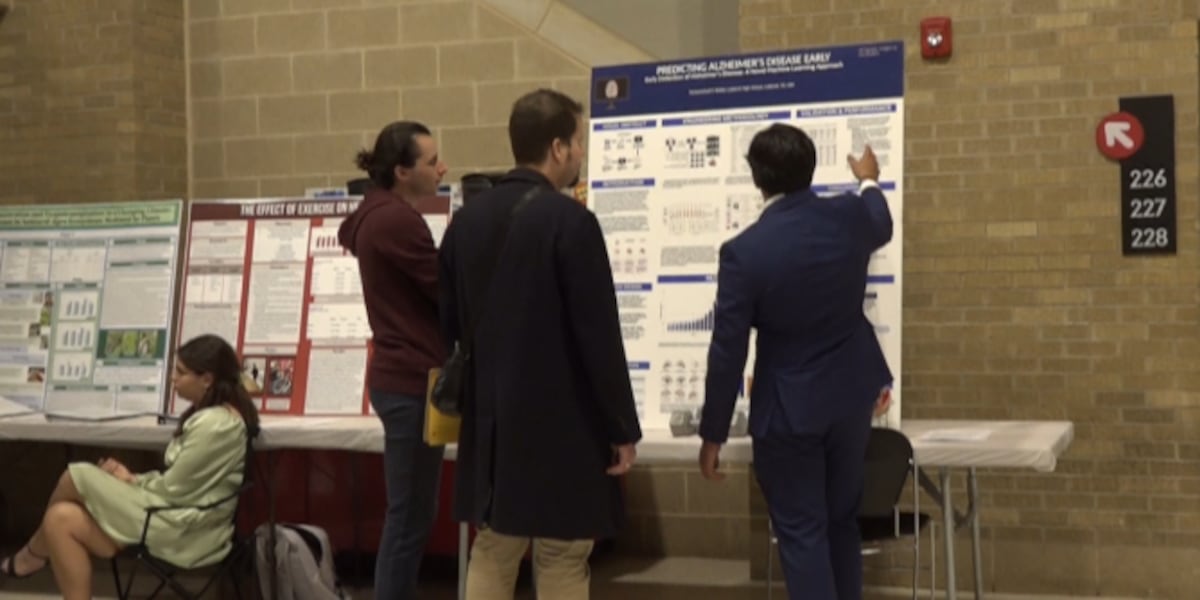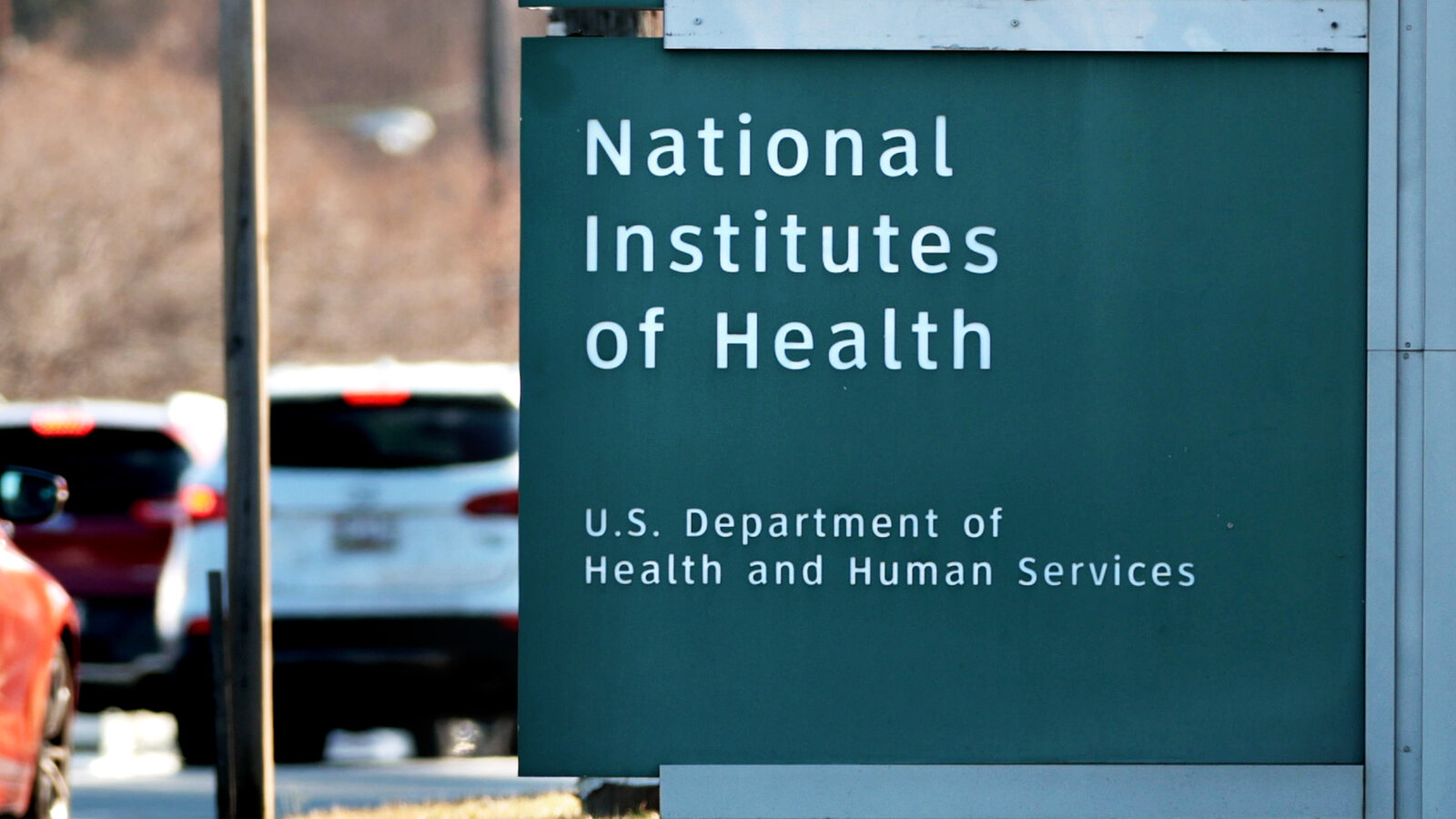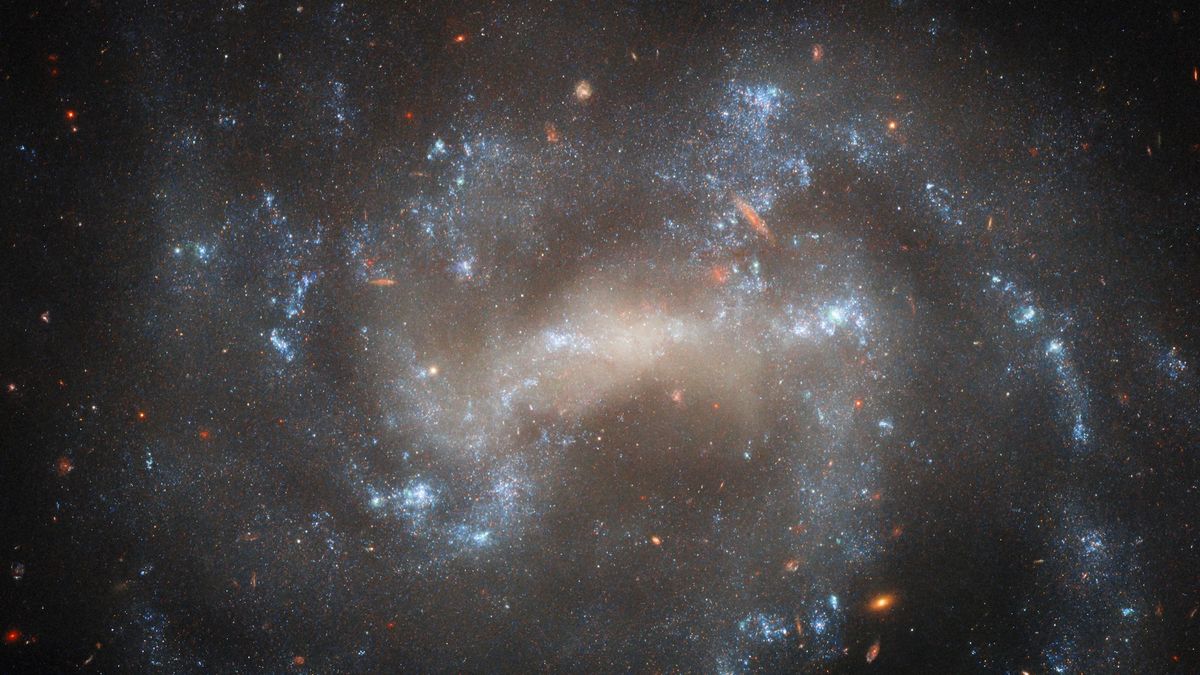Shaking Foundations: The Growing Fog of Doubt in U.S. Scientific Research
Science
2025-03-30 19:32:37
The American scientific community is facing an unprecedented crisis that threatens the very foundation of research and innovation. Scientists across the nation are no longer wrestling with the exciting challenges of discovery, but instead are grappling with a far more fundamental and alarming question: Can scientific work continue to exist at all? The current landscape of scientific research in the United States has become increasingly precarious, with massive systemic disruptions creating an environment of profound uncertainty. Researchers are confronting unprecedented challenges that go beyond the traditional boundaries of academic exploration, challenging their ability to conduct meaningful scientific work. These disruptions are not merely academic setbacks, but represent a potential existential threat to the scientific ecosystem. Funding uncertainties, institutional instabilities, and broader societal pressures are converging to create a perfect storm that could dramatically reshape—or potentially undermine—the future of scientific research in America. The stakes are high, and the implications are far-reaching. What was once a robust and dynamic scientific infrastructure is now facing potential fragmentation, leaving researchers to wonder about the sustainability of their life's work and the broader impact on human knowledge and technological progress. MORE...
Transparency Triumphs: Inside the Radical Plan to Expose Scientific Fraud
Science
2025-03-30 19:09:40
Open Science: Revolutionizing Research Transparency and Integrity In the rapidly evolving landscape of academic research, open science emerges as a transformative approach that challenges long-standing traditional research practices. This innovative paradigm is not just a trend, but a fundamental reimagining of how scientific knowledge is created, shared, and validated. At its core, open science champions transparency, collaboration, and accessibility. By breaking down the walls of secrecy that have historically surrounded research, this approach promotes a more inclusive and rigorous scientific process. Researchers are increasingly embracing practices that make their methodologies, data, and findings freely available to the global scientific community. The benefits of open science extend far beyond simple information sharing. It serves as a powerful mechanism for enhancing research integrity by allowing unprecedented levels of scrutiny and verification. When studies are fully transparent, other scientists can more easily replicate experiments, validate methodologies, and build upon existing knowledge. Key principles of open science include: • Unrestricted access to research publications • Sharing raw research data • Transparent research methodologies • Collaborative research platforms • Peer review processes that prioritize openness By dismantling traditional barriers and promoting a culture of transparency, open science is not just changing how research is conducted—it's rebuilding trust in scientific discovery and creating a more collaborative, accountable research ecosystem. MORE...
Quantum Leap: How Next-Gen Computing Could Rewrite the Rules of Science and Security
Science
2025-03-30 18:05:00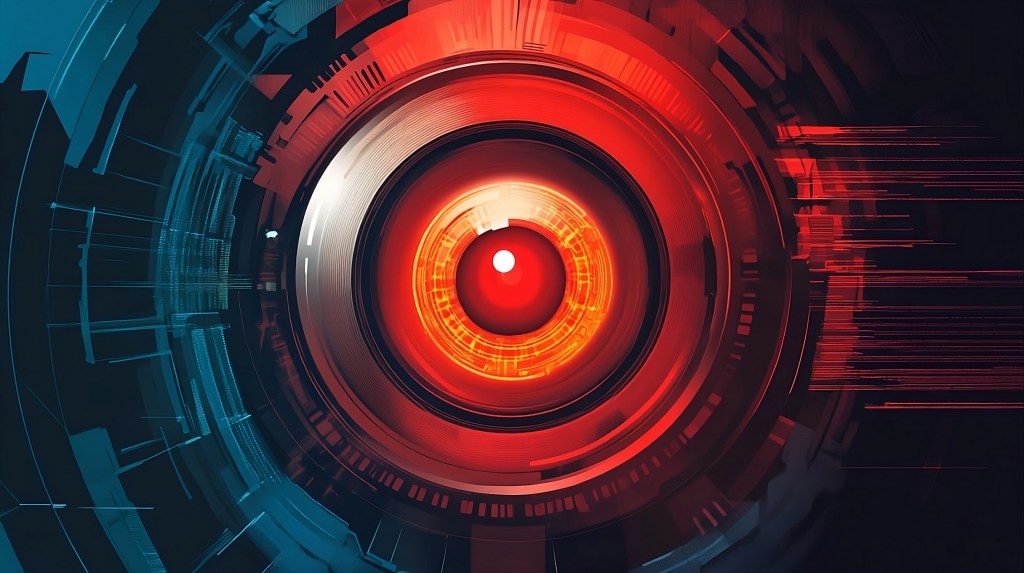
The Dawn of Quantum Decryption: Why Total Digital Transparency Remains a Distant Dream As quantum computing technology rapidly advances, the potential to shatter traditional encryption methods looms on the horizon. However, contrary to sensationalist predictions, we are still far from achieving a world of complete digital transparency where "no secrets" can truly exist. Quantum computers represent a revolutionary leap in computational power, with the theoretical ability to crack encryption algorithms that have long been considered impenetrable. These sophisticated machines leverage quantum mechanics principles to perform complex calculations at unprecedented speeds, potentially rendering current cryptographic safeguards obsolete. Despite the impressive technological promise, significant challenges remain. The development of quantum computers capable of widespread decryption is still in its nascent stages. Researchers and cybersecurity experts continue to work diligently on developing quantum-resistant encryption methods, creating a dynamic technological arms race. While the future may indeed bring unprecedented capabilities in data decryption, the complete elimination of digital secrets remains a distant and complex goal. The ongoing evolution of encryption and quantum technologies ensures that the battle for digital privacy and security will continue to be a fascinating and nuanced journey. MORE...
Sci-Fi's Dark Side: China Miéville Defends the Genre Against Misinterpretation
Science
2025-03-30 17:41:32
A Quarter-Century of Literary Innovation: Celebrating China Miéville's Groundbreaking Debut Twenty-five years ago, China Miéville revolutionized speculative fiction with his landmark novel "Perdido Street Station," a work that dramatically reshaped the boundaries of science fiction and fantasy. This extraordinary book emerged as a transformative moment in contemporary literature, blending intricate world-building with breathtaking imagination. Miéville's debut novel was far more than a simple genre exercise. It represented a bold reimagining of what speculative fiction could be—a complex, richly textured exploration of urban landscapes, technological innovation, and the blurred lines between science and magic. By seamlessly integrating elements of steampunk, weird fiction, and social commentary, Miéville created a narrative universe that was both familiar and utterly alien. "Perdido Street Station" introduced readers to New Crobuzon, a sprawling, grotesque metropolis that became an instant classic of imaginative literature. The novel's intricate details, complex characters, and innovative storytelling techniques established Miéville as a pioneering voice in contemporary fiction, challenging traditional genre boundaries and inspiring a new generation of writers. As we mark this significant anniversary, Miéville's groundbreaking work continues to resonate, reminding us of the transformative power of truly original storytelling. MORE...
Science City Unveils Sizzling Summer Exhibit: Beyond the Spring Break Buzz
Science
2025-03-30 17:31:27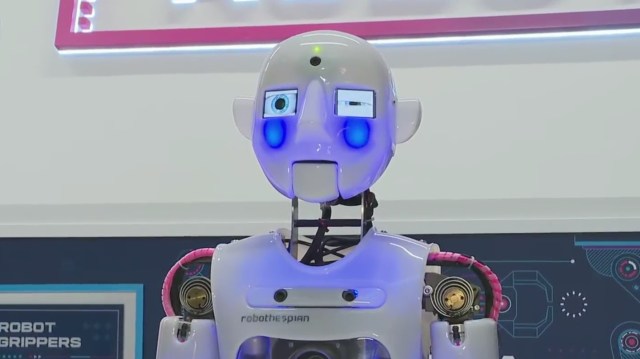
As the excitement of spring break subsides, Science City at Union Station is gearing up for an electrifying summer season. Behind the scenes, the popular science center is meticulously crafting an array of innovative and interactive experiences that promise to captivate visitors of all ages. With anticipation building, the team is carefully planning new exhibits, hands-on workshops, and immersive educational programs designed to spark curiosity and inspire young minds. From cutting-edge technology demonstrations to exciting scientific discoveries, Science City is set to transform summer learning into an adventure of exploration and wonder. Visitors can look forward to a dynamic lineup of activities that will make science come alive, turning ordinary summer days into extraordinary moments of discovery and excitement. Stay tuned for what promises to be an unforgettable season of scientific exploration at Union Station's Science City. MORE...
Beyond Party Lines: How Pi Sigma Alpha Bridges Political Divides on Campus
Science
2025-03-30 17:00:00
Political science enthusiasts at Auburn University have reason to celebrate! Pi Sigma Alpha, the premier national honor society dedicated to political science students, has been reinstated to its permanent status on campus. This exciting development opens the door for passionate students to connect, learn, and excel in the dynamic world of political studies. The organization warmly invites all students who are curious about political science, eager to explore complex political landscapes, and committed to academic excellence to become part of this prestigious honor society. Whether you're a budding political analyst, aspiring policy maker, or simply passionate about understanding political systems, Pi Sigma Alpha offers a unique platform for intellectual growth and networking. By joining, students can engage with like-minded peers, participate in stimulating discussions, and enhance their academic and professional opportunities in the field of political science. Don't miss this chance to be part of a distinguished community that celebrates academic achievement and political understanding. MORE...
Breaking: Groundbreaking Research Unveils Hidden Triggers of Postpartum Emotional Struggles
Science
2025-03-30 15:02:46
A groundbreaking new study has shed light on the complex neurological landscape of postpartum depression, revealing significant brain chemistry transformations that occur during pregnancy. Leading medical professionals and parenting experts are now offering crucial insights into this critical mental health issue that affects millions of women worldwide. Researchers have discovered that hormonal and neurochemical changes during pregnancy can profoundly impact a woman's brain structure and emotional regulation. These findings provide a deeper understanding of the biological mechanisms underlying postpartum depression, challenging previous perceptions of the condition as purely psychological. Experts emphasize that these neurological shifts are not a sign of weakness but a complex interplay of biological factors. Dr. Emily Rodriguez, a prominent perinatal psychiatrist, notes, "Understanding these brain chemistry changes is crucial for developing more targeted and compassionate treatment approaches for new mothers experiencing postpartum depression." The study highlights the importance of early detection, comprehensive support, and personalized mental health interventions for expectant and new mothers. Medical professionals are calling for increased awareness and destigmatization of postpartum mental health challenges. By illuminating the intricate neurological processes behind postpartum depression, this research offers hope for more effective screening, support, and treatment strategies, ultimately improving maternal mental health outcomes. MORE...
Breaking: Federal Lifeline Restored for Utah's Medical Research Powerhouse
Science
2025-03-30 13:39:59
In a significant development for medical research, the University of Utah has received a renewed lifeline for its translational science efforts. On March 29, 2025, the institution was presented with a revised Notice of Award from the National Center for Advancing Translational Sciences, effectively restoring critical funding to its UM1 grant. This reinstatement ensures continued support for the Utah Center and Translational Science Institute, marking a pivotal moment for ongoing medical research and innovation in the region. The restored funding will enable researchers to continue their important work in bridging the gap between scientific discoveries and practical medical applications, reinforcing the university's commitment to advancing healthcare through cutting-edge translational research. MORE...
Science in Crisis: 75% of Researchers Contemplate Exodus Amid Funding Crunch
Science
2025-03-30 13:09:29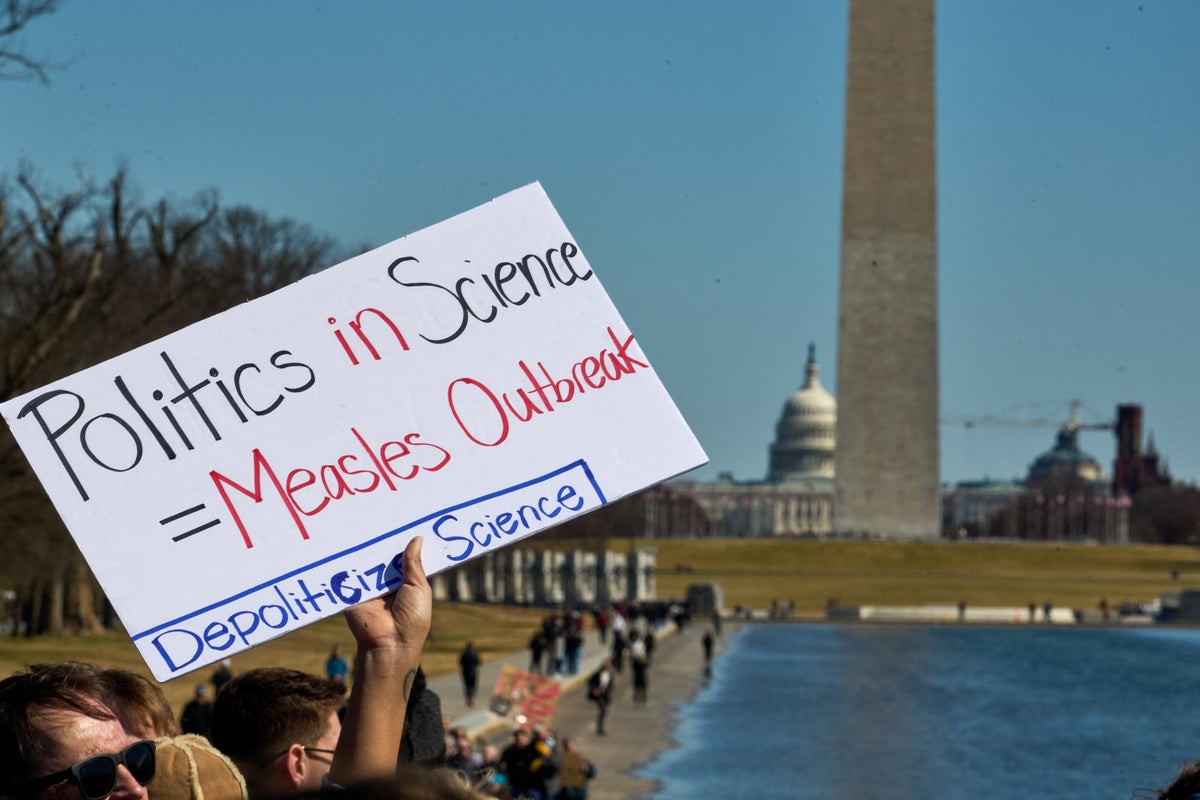
In a stark response to significant research funding reductions under the Trump administration, many scientists are now seriously contemplating international relocation. The drastic cuts have created an unprecedented challenge for researchers across multiple disciplines, prompting many to explore opportunities in countries with more robust scientific support and investment. Facing diminished federal funding and uncertain research prospects, top scientific talent is increasingly looking beyond U.S. borders. Countries like Canada, Germany, and China are emerging as attractive destinations, offering competitive research grants, state-of-the-art facilities, and a more supportive academic environment. The potential brain drain represents a critical moment for American scientific innovation. Researchers argue that these funding cuts not only jeopardize individual careers but also threaten the long-term competitiveness of U.S. scientific research on the global stage. Many see international relocation as their best strategy for continuing groundbreaking work and maintaining their professional momentum. MORE...
Ocean-Saving Breakthrough: Japanese Researchers Unveil Plastic That Vanishes Faster Than a Seagull's Lunch
Science
2025-03-30 12:00:00
In a groundbreaking breakthrough, Japanese researchers have engineered a revolutionary plastic material that defies conventional expectations. This innovative substance appears completely ordinary at first glance—indistinguishable from standard plastic in look and feel—but harbors a remarkable secret that activates the moment it encounters seawater. Imagine a material that looks and behaves like traditional plastic, right up until the instant it touches the ocean's surface. At that precise moment, something extraordinary happens. The plastic undergoes a dramatic transformation, challenging our understanding of material science and offering a potential solution to one of environmental conservation's most pressing challenges. The research team, working at the cutting edge of materials engineering, has developed a substance that could potentially revolutionize how we think about plastic waste and marine pollution. By creating a material that fundamentally changes its properties upon contact with seawater, they've opened up exciting possibilities for more environmentally friendly plastic alternatives. While the full details of the technology remain under wraps, this innovation represents a tantalizing glimpse into a future where materials can adapt and respond to their environment in ways we're only beginning to understand. It's a testament to human ingenuity and our ongoing quest to solve environmental challenges through scientific innovation. MORE...
- 1
- 2
- 3
- 4
- 5
- 6
- 7
- 8
- 9
- 10
- 11
- 12
- 13
- 14
- 15
- 16
- 17
- 18
- 19
- 20
- 21
- 22
- 23
- 24
- 25
- 26
- 27
- 28
- 29
- 30
- 31
- 32
- 33
- 34
- 35
- 36
- 37
- 38
- 39
- 40
- 41
- 42
- 43
- 44
- 45
- 46
- 47
- 48
- 49
- 50
- 51
- 52
- 53
- 54
- 55
- 56
- 57
- 58
- 59
- 60
- 61
- 62
- 63
- 64
- 65
- 66
- 67
- 68
- 69
- 70
- 71
- 72
- 73
- 74
- 75
- 76
- 77
- 78
- 79
- 80
- 81
- 82
- 83
- 84
- 85
- 86
- 87
- 88
- 89
- 90
- 91
- 92
- 93
- 94
- 95
- 96
- 97
- 98
- 99
- 100
- 101
- 102
- 103
- 104
- 105
- 106
- 107
- 108
- 109
- 110
- 111
- 112
- 113
- 114
- 115
- 116
- 117
- 118
- 119
- 120
- 121
- 122
- 123
- 124
- 125
- 126
- 127
- 128
- 129
- 130
- 131
- 132
- 133
- 134
- 135
- 136
- 137
- 138
- 139
- 140
- 141
- 142
- 143
- 144
- 145
- 146
- 147
- 148
- 149
- 150
- 151
- 152
- 153
- 154
- 155
- 156
- 157
- 158
- 159
- 160
- 161
- 162
- 163
- 164
- 165
- 166
- 167
- 168
- 169
- 170
- 171
- 172
- 173
- 174
- 175
- 176
- 177
- 178
- 179
- 180
- 181
- 182
- 183
- 184
- 185
- 186
- 187
- 188
- 189
- 190
- 191
- 192
- 193
- 194
- 195
- 196
- 197
- 198
- 199
- 200
- 201
- 202
- 203
- 204
- 205
- 206
- 207
- 208
- 209
- 210
- 211
- 212
- 213
- 214
- 215
- 216
- 217
- 218
- 219
- 220
- 221
- 222
- 223
- 224
- 225
- 226
- 227
- 228
- 229
- 230
- 231
- 232
- 233
- 234
- 235
- 236
- 237
- 238
- 239
- 240
